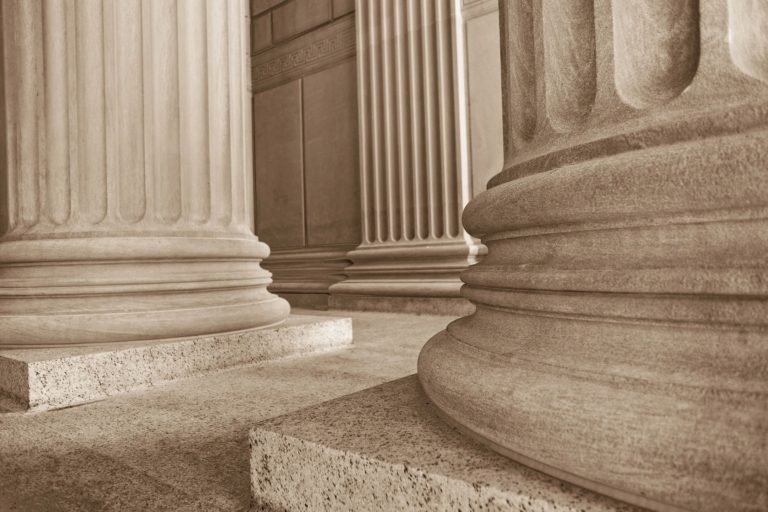Employer prejudice makes it nearly impossible for formerly incarcerated people to find a job after prison.
Even with a labor shortage and federal initiatives like the Work Opportunity Tax Credit that rewards employers when they hire someone with a felony, formerly incarcerated people still struggle.
According to the Bureau of Justice Statistics, one in three Americans have a criminal record that prevents them from finding gainful employment after incarceration.
There are also millions more who have never been convicted, but who face similar stigmas when their arrest record pops up in background checks for a new job.
So even if you are mistakenly arrested and released without any criminal charges, the arrest alone can hurt your job prospects.
Black and brown Americans can have their job opportunities diminished regardless of whether they’ve ever been found guilty of a crime. This can lead to a life of poverty and shorter lifespans.
Second chance employers who advocate for hiring people with criminal records, say formerly incarcerated people are a viable solution for the country’s labor shortage. According to the Second Chance Business Coalition, which includes companies such as McDonald’s, Home Depot, Microsoft, and Koch Industries, “more inclusive hiring” helps the local economy and breaks cycles of poverty. The Second Chance Business Coalition also reports that employees with criminal records are more likely to stay in their jobs and work harder than their coworkers.
But not every company helps. Finding housing, education and employment with a criminal record is hard. Many people get exploited, accepting low paying positions out of desperation, and often find it impossible to advance professionally no matter how hard they worked. Many don’t feel secure enough to report workplace abuse or join a union. Many are sexually harrassed but can’t quit without permission from a parole officer. Employment is often a condition of release. Many can’t keep their background private after mandatory checks at work.
Some states pay people with criminal histories less than minimum wage. Companies like Goodwill already pay employees with disabilities less than minimum wage, and some employers are pay less for people with records.










